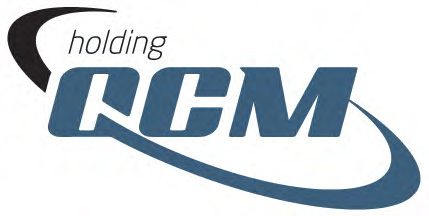
In October 2020, the EASA published an Opinion No 02/2020. This document describes the new approach of the European regulator towards the energy source of aeroplanes. As technology advances, the term ‘fuel’ no longer covers all the possibilities of energy sources for flying objects, and the old wording became gradually more restrictive.
Buried deep in this opinion, however, a new chapter of regulation fundamentally affects how air operators run their businesses. EASA has laid out a whole new chapter for Flight Operations Officers (FOO) / Flight Dispatchers (FD).
The current EASA regulation – GM1 ORO.GEN.110 – only briefly mentions this significant area of operations, consisting of two bullet points. It states that
(a) ORO.GEN.110(c) does not imply a requirement for licensed flight dispatchers.
(b) If the operator employs flight operations officers in conjunction with a method of operational control, training for these personnel should be based on relevant parts of ICAO Doc 7192 Training Manual, Part D-3. This training should be described in the operations manual.
The proposed regulation, on the other hand, details the training requirements for FOOs/FDs. The EASA philosophy of a non-shared responsibility system remains, but the training requirements for those involved in the process of operational control, flight monitoring and flight watch are detailed in the proposal.
Another trigger for the change was the ICAO Doc 10106, which also came out in Q4 2020. This document replaces the old Doc 7192 – Part D, which was the focal point of FOO/FD training for operators and regulators alike for decades. The significance of changes can be measured by the fact that ICAO did not issue a revision to the old document, instead published an entirely new one. And indeed, the new document is twice the volume of the old one. It leaves the old-school knowledge-based approach behind and focuses on competency-based training instead. What is more important, the new document describes various functions within the operations control centre. These functions were around for a long time now, but the training requirements were not defined, and it was up to the operator to decide on the qualification requirements of this personnel.
The surfacing of these documents will definitely increase the legal obligations of operators. EASA’s way of publishing such a change in a document that does not suggest any relevance with flight operations or dispatch does not mean that the new rules will not be applicable to every operator.
Q.C.M. is gearing up for the new challenge, and we are preparing recurrent training programs for our existing and future clients so that they can comply with the new regulation from the first day of its implementation.
Watch this space, our training schedule will be updated very soon!
